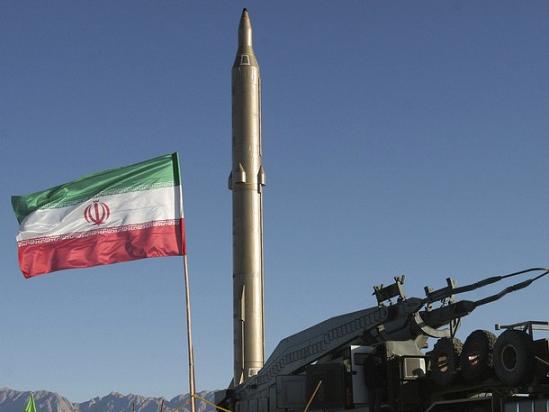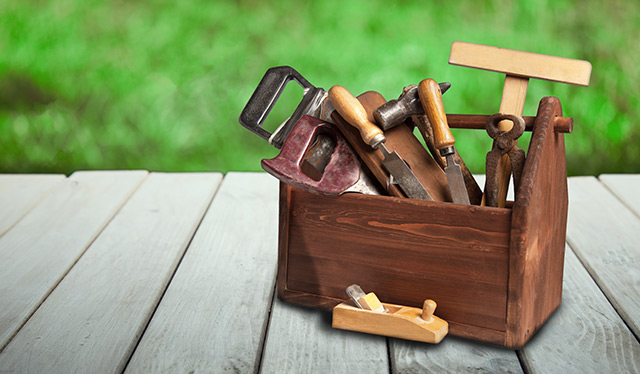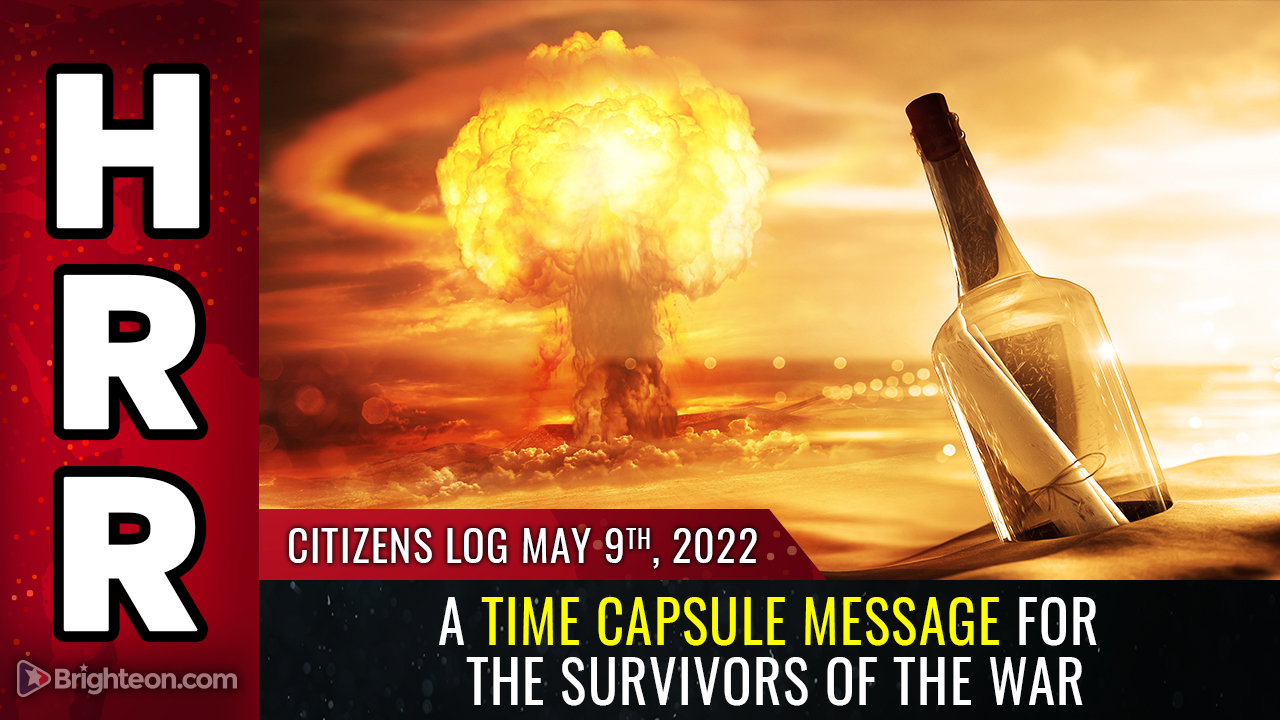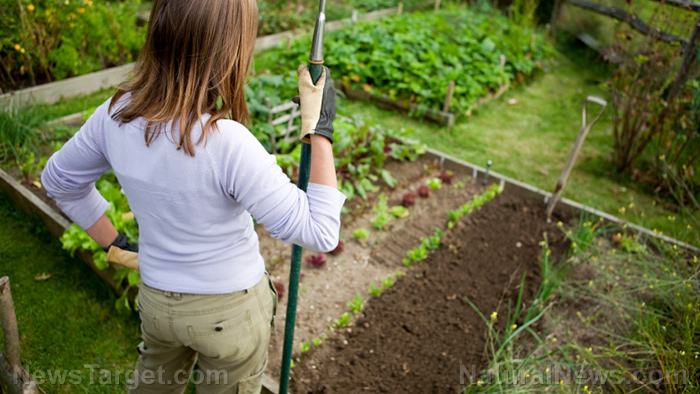Prepper essentials: What to do if you run out of water when SHTF
05/11/2022 / By Zoey Sky
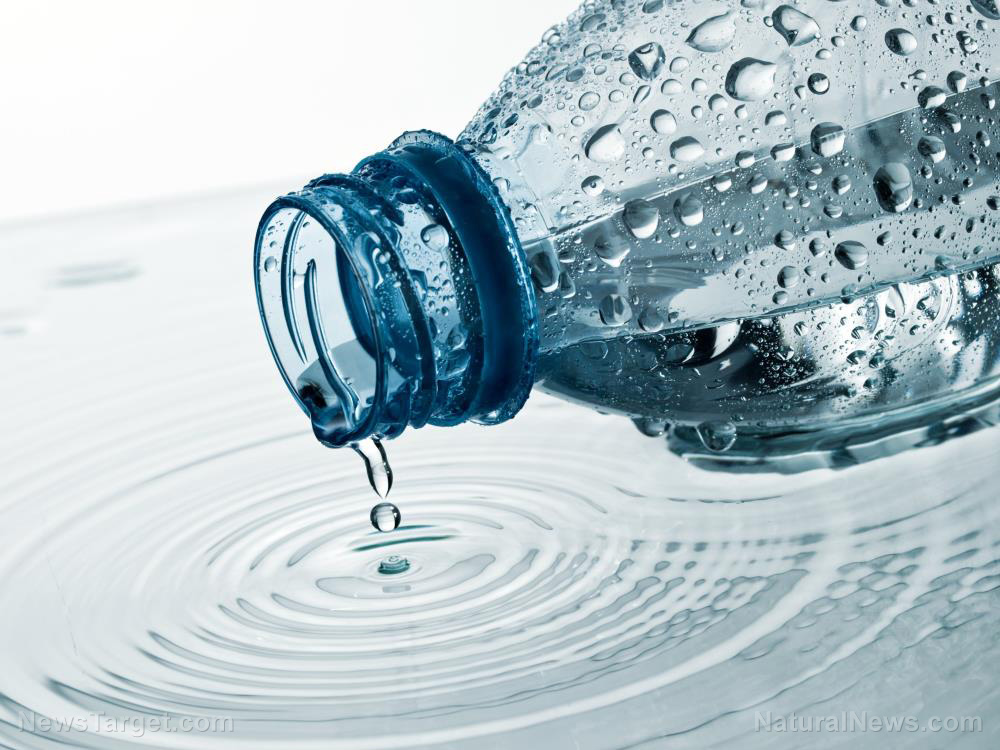
While stocking up on supplies before SHTF, preppers also need to figure out how to stock up enough water for drinking, cooking and other tasks.
Read on to learn what to do if you suddenly lose access to clean water. (h/t to RoguePreparedness.com)
If you live off-grid, you’re probably used to either having a well or hauling water from the nearest body of water. However, you should also learn how to deal with lack of access to water so you know how much to stock up on.
Do you know how much water you need?
You need water for drinking to prevent dehydration, cooking, hygiene and cleaning. But do you know how much water you need for your whole family?
It’s near impossible to stock up on a year’s supply of water, but you can at least try to have enough water for one month. Even then, it will be a challenge to find enough space to store a month’s supply of water since it’s heavy and stored in bulky containers.
Before SHTF, stock up on two gallons of water per person and pets per day. How much water you store will also depend on the storage space you have.
Calculating your water needs
When SHTF, you can try to reduce the amount of water you use, but you should still have enough for basic functions like drinking, cooking and brushing your teeth.
To calculate how much water you need, figure out how much water you use on a daily basis. Calculate this by taking a daily tally of your usage for a week and then averaging it out.
Alternatively, you can check the monthly water bill if you are on city water.
If you live off-grid with a family of four and two dogs, you can consume anywhere from 50 to 100 gallons of water every five days. You might need an additional 20 gallons for all four to take a shower, along with an additional five to seven gallons to do the laundry.
What to do if you suddenly lose access to water
If you were caught unaware, you can get water by stocking up on bottled water or freezing water.
Store bottled water
The minute you lose water and you find out it’s going to last for several days or weeks, run to the store and buy gallons of water. Since it’s already purified and bottled up, it’s ready to be used when needed.
Store bottled water away from direct sunlight. Alternatively, you can freeze water because frozen clean water lasts a very long time. (Related: Prepping 101: How long will bottled water last in your stockpile?)
Water for hygiene alternatives
If you need water for hygiene purposes, fill up a small bowl and use a rag to clean yourself. Another option is to set up a solar shower for hand washing or quick showers.
You can also use baby wipes to clean yourself or use no-rinse soap and shampoo.
Washing clothes
If you don’t have water for at least a week, you’ll eventually need to wash your clothes. Do the laundry in several buckets. Place soap in one bucket and clean water in another, then hang the laundry on a clothesline to dry.
You can also wash the clothes in a tub or sink and dry them on a line inside, depending on the time of year.
Washing dishes
If you want to save water by not doing the dishes, stock up on paper plates and plastic utensils. Use paper towels instead of cloth napkins. These options aren’t very eco-friendly, but it’s good to have alternatives if you’re running low on water.
Wash pots and pans with a bit of water and soap. Fill one bowl with soapy water and another bowl with clean water. When you’re done, use the gray water on outdoor plants.
Fill containers
Before filling large containers with water, clean them thoroughly. When that’s done, pour the clean water inside the container.
If you’re getting water coming from a stream, lake or creek, filter and boil the water first before storage.
Use regular unscented bleach to preserve the water a bit longer:
- Two drops of regular unscented bleach per quart of water.
- Eight drops of regular unscented bleach per gallon of water.
- Use half a teaspoon of regular unscented bleach per five gallons of water.
- If the water is cloudy, double the recommended dosages of bleach.
Rotate the water in containers at least once a year. If you don’t rotate the water once a year, you may have to treat it again before using it.
Set up a rainwater collection system
If you get an advanced notice that a storm is coming, fill up your tubs, sinks and other containers with water. If you don’t have the funds for a rainwater collection system, use clean rain barrels or large, unused garbage bins to save money.
Use rainwater for livestock and watering your garden. You can drink rainwater too, but only after properly filtering and purifying it first.
Tips for conserving or reusing water
Before SHTF, learn how to conserve and reuse water.
- Dig a shallow well on your property.
- Take quick showers.
- Use less water to wash dishes or clothing.
- Collect rainwater and use it for your greenhouse or animals.
- Haul water from nearby sources.
- Turn the water off when washing in the shower, brushing your teeth and in between washing and rinsing your hands.
- Reuse the water that you bathed in or washed dishes or clothing with to water your garden. If you plan to reuse gray water for your garden, only use soap and shampoos that won’t hurt plants or the environment.
- If you have the skills to do so, pipe the water that comes out from your washer underneath your garden so the gray water will water your plants.
- Reuse the water you washed fruits and vegetables with or water from boiling pasta to water house plants or your outdoor garden.
- Reuse aquarium water for agricultural reuse. Aquarium water contains materials like ammonium, nitrogen, phosphorus and potassium, all of which can act as a natural fertilizer for lawn gardens.
It can be difficult to store a year’s supply of water, but you should always try to store what you can so you always have access to clean water when SHTF.
Watch the video below to learn about 10 different ways to clean drinking water after SHTF.
This video is from the Truth or Consequences channel on Brighteon.com.
More related stories:
Water supply and prepping: A beginner’s guide to rainwater collection.
Prepping 101: Emergency water storage for beginners.
Prepping 101: How to store water for emergency preparedness.
Sources include:
Submit a correction >>
Tagged Under:
Bottled Water, clean water, Drought, homesteading, how-to, hydration, off grid, preparedness, prepper, prepping, Stockpile, survival, survivalist, sustainable living, tips, water, water shortage, water supply
This article may contain statements that reflect the opinion of the author
RECENT NEWS & ARTICLES
COPYRIGHT © 2017 PREPAREDNESS NEWS

